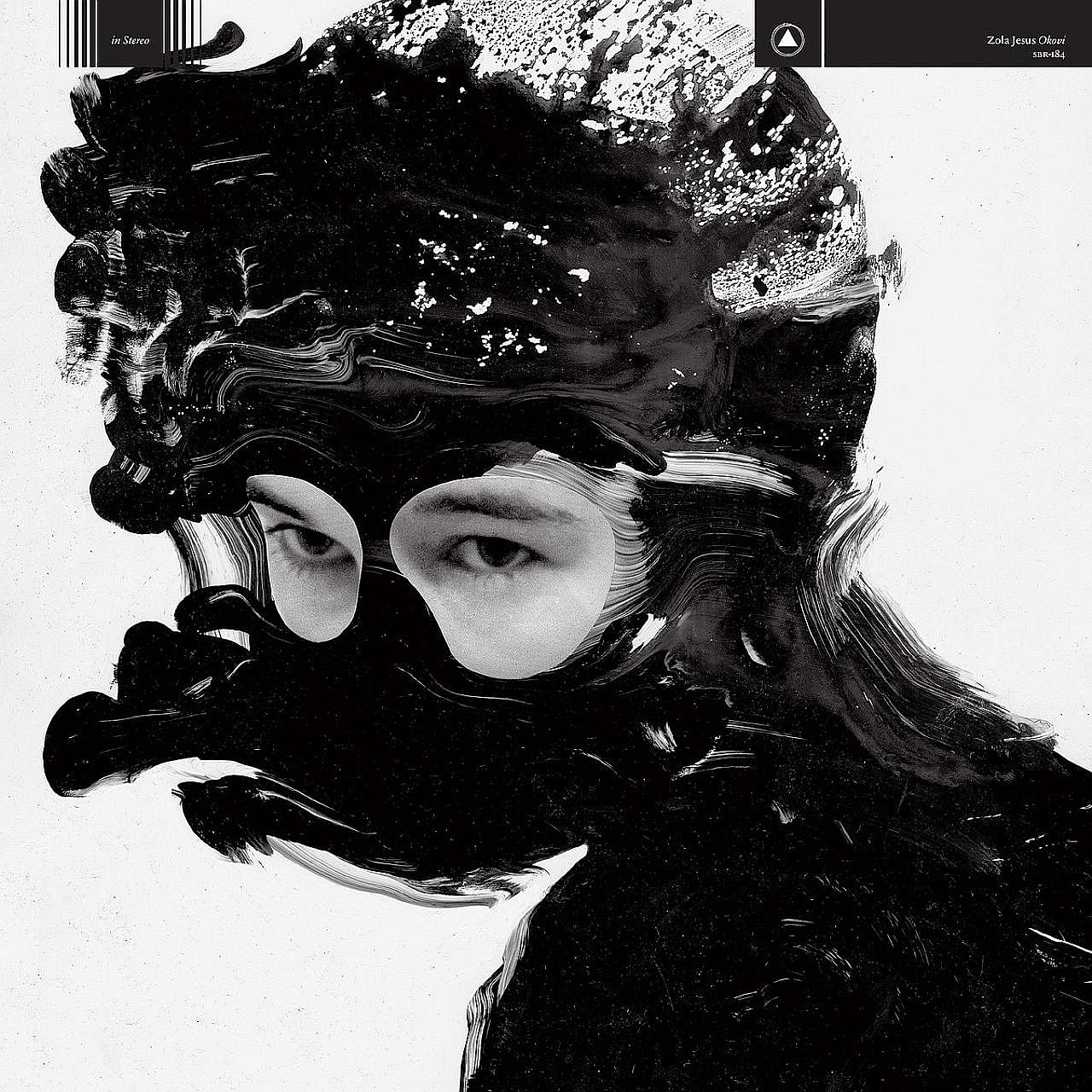GOTH POP
OKOVI
Zola Jesus
Sacred Bones
4 stars
Last year, American indie rockers The Mountain Goats released an acclaimed album titled Goths, dedicated to those obsessed with the dark side of life.
Frontman John Darnielle waxed lyrical about his youth immersed in the music of The Cure, Siousxie and the Banshees, and New Order. He also moped about being a former goth beset by the vicissitudes of ageing.
One wonders what contemporary goths the likes of Zola Jesus, also known as Nika Roza Danilova, would make of it. Thankfully, there is much in the world - climate change, political wrangling and culture wars - which she can rage against.

On her fifth album Okovi, which means "shackles" in several Slavic languages, the 28-year-old Russian American has perfected the art of miming affliction.
She belongs to a new generation of exciting female avant-rock artists, such as Austria's Soap&Skin, Sweden's Fever Ray and Norway's Jenny Hval, who dive deep and come clean, taking apart body image and self-worth in sometimes forensic terms.
Okovi confronts personal demons as well as crises that befall people around her.
The fifth track, Witness, addresses someone close who attempted suicide. "I'll do anything I can/To rip you from the edge in time," she sings, a clarion of desperation over swelling, mournful strings.
This is followed by Siphon, in which she chronicles her friend's second attempt at killing himself: "'Cause we'd rather clean the blood of a living man."
The music rises like a dusty synthstorm before waves of percussion hit your conscience. "We'd hate to see you give in to those cold, dark nights inside your head," she adds, a voice of stentorian reason as she repeats "inside your head".
In the industrial dirge Soak, she compares her own descent into depression to the state of a hapless victim of a serial killer. "Born into debt, a line of no request, pay what I can," goes the confession.
She processes a maelstrom of conflicting emotions, what she calls "resentment, empathy, masochism, grief".
It comes to a head with the dancey stunner Remains, which features the use of a guitar for the first time on her record. "Do ruins give power/Or do they give proof/That something meant more, something meant more/Than what we, what we lived through?" she interrogates the age-old preoccupation with legacy, over synths which build to a breathless crescendo.
"What remains of us?" she asks blankly, her voice modulating between a siren's keening and a military command. You are riveted by her purpose, then slowly unshackled by her unerring truth.

